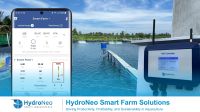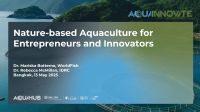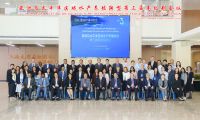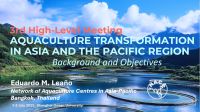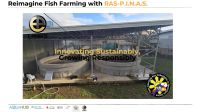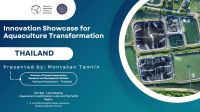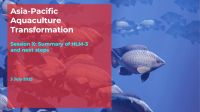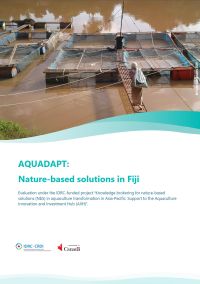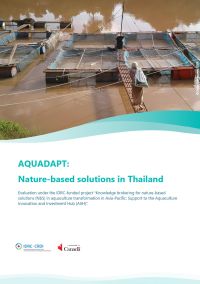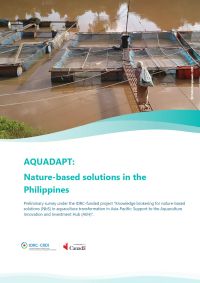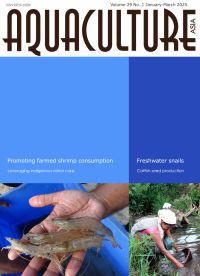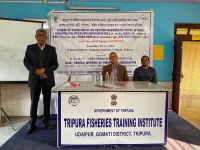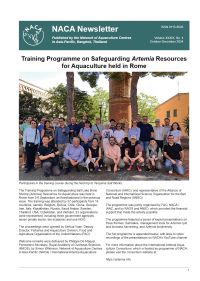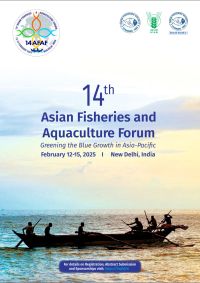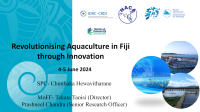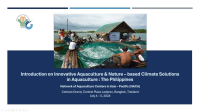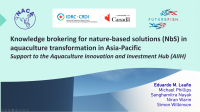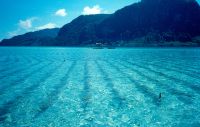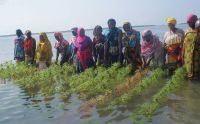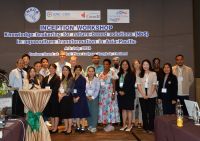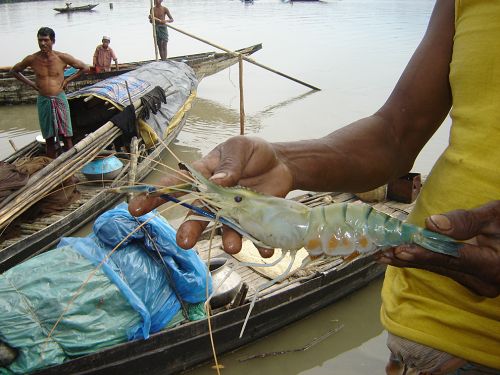
Global population is forecast to reach around 9 billion by 2050. To feed the world, global agricultural output must increase by around 60% from present levels. This must be achieved against a background of increasing competition for natural resources such as water, feed ingredients and farming sites.
Maintaining environmental integrity while massively increasing food production will require farming systems to reduce their unit production environmental footprint. Many farming practices that are regarded as sustainable today will not be acceptable when scaled up. Sustainable intensification of aquaculture means doing more with less. The Environment and Sustainability Programme aims to help aquaculture become a more efficient user of natural resources, both in terms of farm productivity and environmental efficiency.
The programme develops better management practices for major aquaculture farming systems, and promotes aquaculture as a secondary or additional use of water resources. The programme focusses on practical interventions that can be directly achieved by small-scale farmers in a developing country context.
Key activities
Key activities of the programme are:
- Development of better management practices for key aquaculture production systems.
- Organising small-scale farmers into associations to facilitate cluster-based approaches to extension.
- Development of culture-based fisheries as a secondary use of water bodies.
- Development of strategic policy frameworks to guide governments and development agencies in promoting sustainable intensification of aquaculture.
Creative Commons Attribution.
